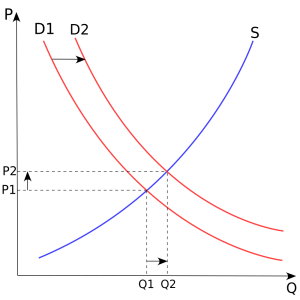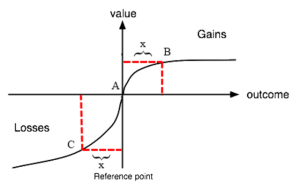Module 12: Models of Decision-Making
 Description: How do people make decisions, and why do these decisions sometimes seem irrational? This module explores various models of decision-making, from normative models of rational choice to descriptive models that account for human biases and limitations. We examine factors that influence decision quality and investigate why people often deviate from optimal decision strategies.
Description: How do people make decisions, and why do these decisions sometimes seem irrational? This module explores various models of decision-making, from normative models of rational choice to descriptive models that account for human biases and limitations. We examine factors that influence decision quality and investigate why people often deviate from optimal decision strategies.
Why This Module is Important: Understanding decision-making processes is crucial for counseling practice. Therapists use this knowledge to help clients understand their decision patterns, recognize cognitive biases affecting their choices, and develop more effective decision-making strategies. This understanding helps counselors guide clients through important life decisions while accounting for emotional factors like regret and loss aversion. Beyond therapy, these principles inform behavioral economics, guide policy design, and help organizations improve group decision-making processes. This knowledge helps you understand how people make choices in complex situations.

Module Learning Objectives: By the end of this module students will be able to…
- MLO1: Evaluate mathematical models of behavior like the matching law. (CLO1, CLO4, ULO2, APA1, APA4)
- MLO2: Analyze assumptions of rational decision-making. (CLO2, ULO2, APA2)
- MLO3: Apply concepts like regret theory to real-world decisions. (CLO2, CLO5, ULO2, APA2, APA5)
Media Attributions
- Supply and Demand by Astarot, Licensed under CC BY-SA 3.0
- Prospect Theory by John Kiat, Licensed under CC BY-SA 3.0

